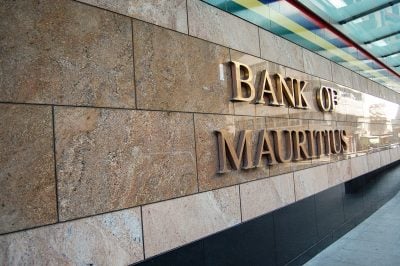African B2B e-commerce company Wasoko has announced its expansion into Southern Africa, with its first location in Zambia. The company plans to invest over $1m in its first year of operations, with the first investment going towards creating a central hub in Zambia’s capital city, Lusaka.
With this new hub, Wasoko, which was founded in 2014 by Californian entrepreneur Daniel Yu, wants to centralize its operations in Lusaka before expanding regionally in Southern Africa.
Formerly known as Sokowatch, Wasoko began operations in Kenya and now serves retailers in Tanzania, Rwanda, Uganda, Côte d’Ivoire, and Senegal.
In March 2022, the company raised a $125m Series B funding round – the largest venture financing round ever raised for a retail startup in Africa – which opened up ambitions to move from the East African market to a pan-African operation. Its valuation after the March funding was estimated at $625 million.
Wasoko’s ambitious bet on Zambia
Explaining the company’s choice of Zambia, Daniel Yu, Founder and Global CEO at Wasoko, said: “With high smartphone usage and a pro-business government administration keen on expanding the country’s digital economy, Zambia is an ideal environment to launch our model and strongly aligns with our current core markets, both in terms of similar regulatory practices and a supplier base that is intertwined with East Africa.”
But the economic turmoil that Zambia is currently facing may make it a difficult market to navigate. Zambia’s finance minister, Felix Nkulukusa, recently projected a 4.2% GDP growth in 2023 – a decrease compared to last year’s 4.7% – as the country battles to wrap up a long-delayed debt restructuring.
Yu nonetheless stays confident. “Despite the economic downturn, our business still remains very well-capitalised with a multi-year runway and our investment plans for 2023 are unaffected,” he told African Business.
As a pan-African company, however, the main challenge faced by the e-commerce startup has little to do with Zambia’s economic situation, but with the free movement of talent on the continent.
Yu notes that currently only three countries – Benin, Gambia, and Seychelles – offer visa-free entry to all African nationals, and no countries offer employment or residency rights for all Africans. “This has created a huge artificial barrier holding back billions of dollars’ worth of economic activity,” he says.
Despite these challenges, Wasoko has achieved growth across all its markets to the extent that no single country accounts for more than 50% of its revenue.
“But there’s still undoubtedly a massive amount of value ready to be unlocked if we can effectively tackle restrictive visa policies,” Yu says.
Since its launch in 2016, Wasoko’s primary product has been its mobile app, which enables shop owners to purchase goods from manufacturers and distributors at competitive prices based on supply and demand, as well as receive real-time tracking data on sales, business insights, and market trends.
In addition to expanding into Zambia, Wasoko has announced plans to double its service radius in all of its existing locations in Kenya, Tanzania, Rwanda, and Uganda. The company has built a network of over 200,000 informal retailers and fulfilled more than 5 million orders to date.
Want to continue reading? Subscribe today.
You've read all your free articles for this month! Subscribe now to enjoy full access to our content.
Digital Monthly
£8.00 / month
Receive full unlimited access to our articles, opinions, podcasts and more.
Digital Yearly
£70.00 / year
Our best value offer - save £26 and gain access to all of our digital content for an entire year!

 Sign in with Google
Sign in with Google 



